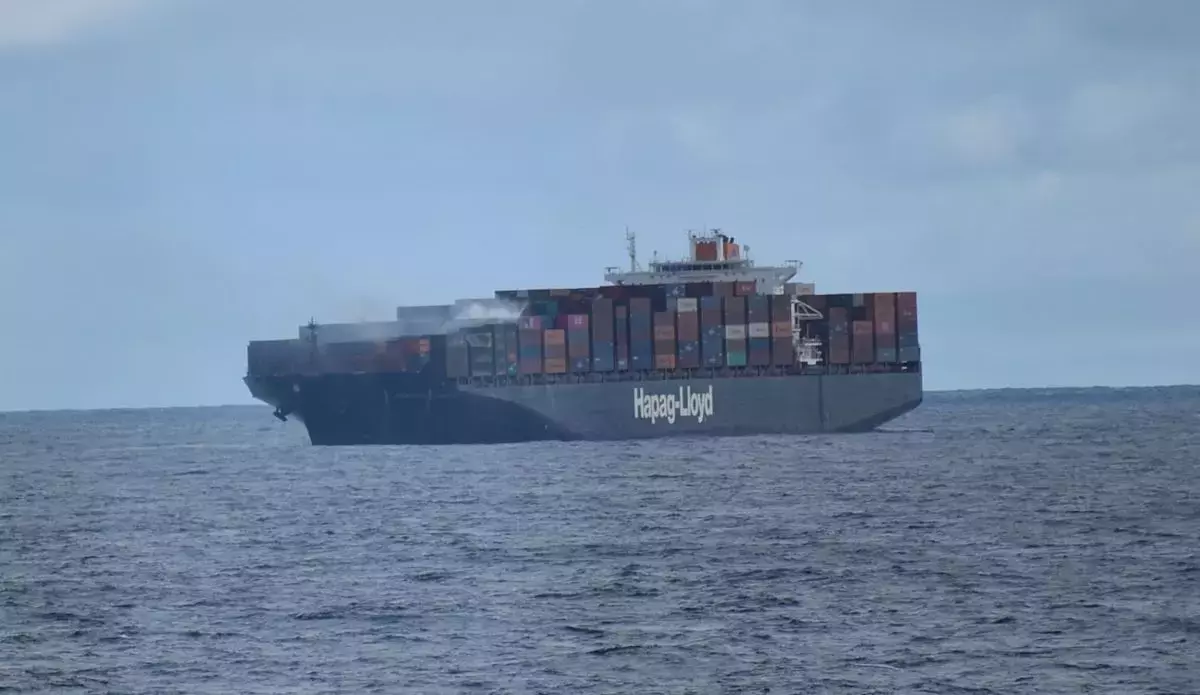The maritime industry is bracing for significant changes as it prepares for the 2026 International Maritime Organization (IMO) regulations. These new rules aim to enhance safety protocols for charcoal transportation.
The Necessity of Enhanced Safety Protocols
Recent incidents have highlighted the urgent need for stricter regulations. A spate of containership fires, often resulting from improperly handled charcoal shipments, has put the spotlight on safety. According to the 2023 Allianz Safety and Shipping Review, the shipping industry has witnessed 64 reported fires on containerships in the past five years, with a 17% increase in fire-related incidents in 2022 alone.
The Impact of Mis-declared Hazardous Cargo
One of the primary contributors to these fires is hazardous cargo that is either not declared, mis-declared, or improperly packed. Despite existing regulations, these issues persist, posing significant challenges and increasing the risk of shipping losses.
New IMO Regulations for Charcoal Transportation
In response to these concerns, the IMO has introduced new regulations that will come into effect in 2026. Under these rules, all charcoal shipments must be classified as dangerous goods within the International Maritime Dangerous Goods (IMDG) Code framework. Key safety measures include:
- Mandatory temperature controls, ensuring charcoal does not exceed 40°C on packing day.
- Specific stowage requirements, mandating a 30cm gap between cargo and container top.
- Elimination of previous exemptions, introducing new Special Provision 978.
- Detailed documentation for all shipments.
Industry Collaboration
The World Shipping Council, in collaboration with IGP&I and TT Club, has developed comprehensive guidelines to assist shippers with the transition. These guidelines provide uniform safety standards and clarity needed to prevent future tragedies.
Stakeholder Compliance
Industry stakeholders are urged to act promptly to ensure compliance with the new regulations. Requirements include:
- Mandatory IMDG Code training for shore-based staff.
- Adherence to the IMO/ILO/UNECE Code of Practice for cargo transport units.
Conclusion
As the maritime industry prepares for the 2026 IMO regulations, enhanced safety protocols for charcoal transportation are more crucial than ever. By treating all charcoal as dangerous goods, the industry can mitigate the risk of containership fires and ensure the safety of both crew and cargo.


Leave a Reply